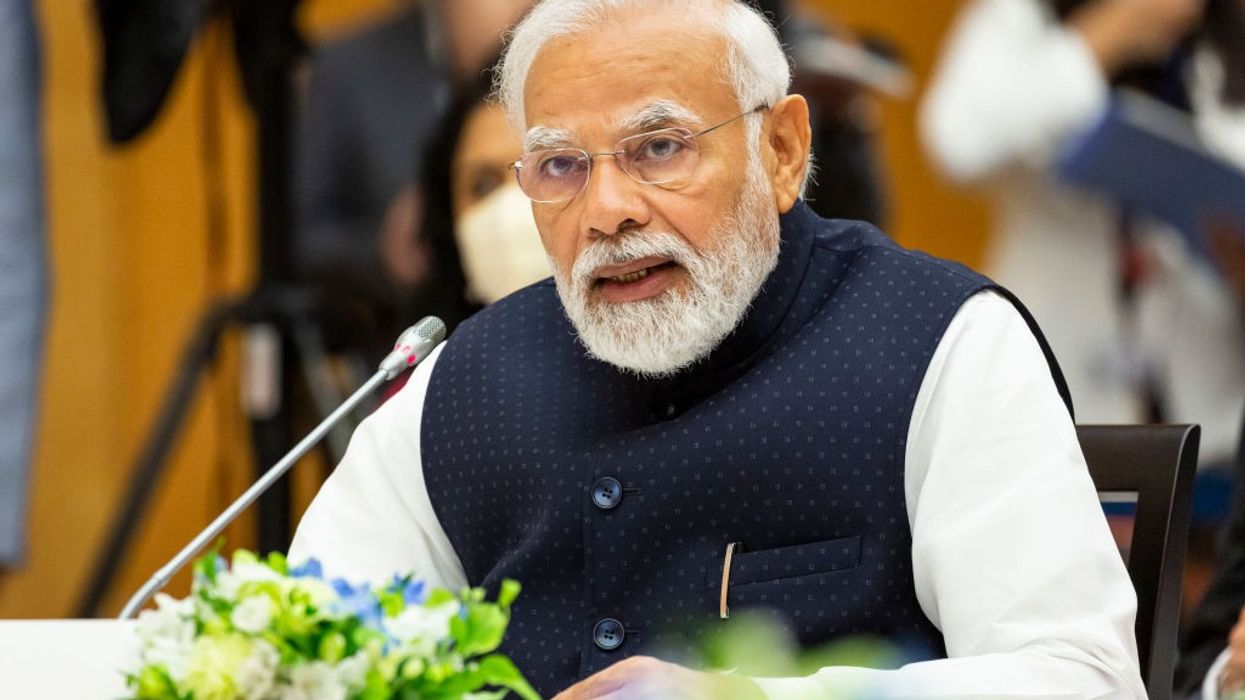India’s Bharatiya Janata Party (BJP) of Prime Minister Narendra Modi has been left with no Muslim parliamentarians following the exit of union minister Mukhtar Abbas Naqvi.
His resignation followed the expiry of his term as a member of the Rajya Sabha or the Upper House of Parliament.
Naqvi, who headed the minority affairs ministry and is speculated to be the BJP’s candidate in the upcoming vice-president’s election, was among its three Muslim MPs whose term ended recently. But the ruling party chose not to renominate them.
This meant the BJP has no Muslim member in Parliament, a first for a ruling party in the history of independent India, given the fact none of its candidates belonging to the minority community was elected to the Lower House in the 2019 general elections.
It has 395 members in Parliament, including 301 in the Lower House.
It is also a rare occasion when Modi’s council of ministers does not have a Muslim member.
Critics allege that the right-leaning BJP is biased against Muslims, a charge the governing party has repeatedly denied. It cites Modi’s slogan of inclusive growth and claims it stands for all communities irrespective of their faiths.
BJP had fielded seven Muslim candidates in the 2014 general elections but none of them won. The result was similar five years later when it had six nominees from the community.
India is home to 200 million Muslims, making up 14.2 per cent of the population. Still, the BJP does not have a single Muslim member in the legislative assemblies of 18 out of the 28 states ruled by it on its own or in alliance with friendly parties.
This includes India’s largest state of Uttar Pradesh where the party has not fielded Muslims in two provincial elections since 2017 despite the community accounting for 19 per cent of the local population. The situation is similar in the neighbouring Uttarakhand state.
While the BJP brass, including home minister Amit Shah, claim that “winnability” is the sole criterion while picking nominees, its minority wing leader Jamal Siddiqui, said the party does not take religion into account while choosing its candidates.
“The party assigns seats depending upon the requirement and if people see it from the glasses tinted with religion, then it is really very unfortunate,” Siddiqui told Al Jazeera.




